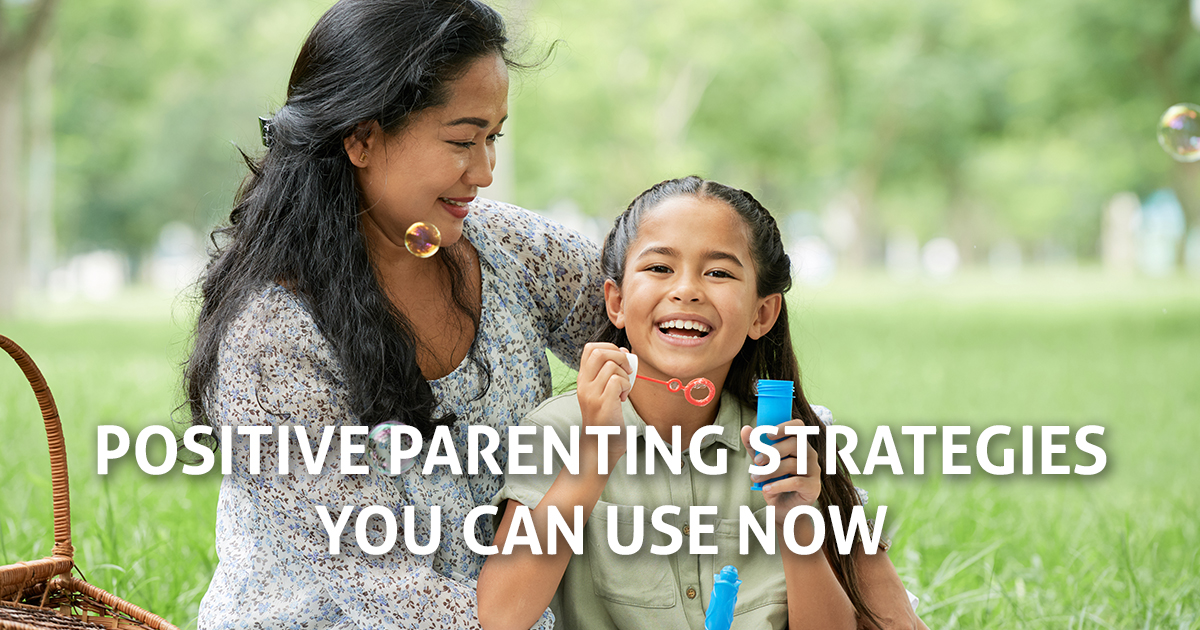Coping With Back To School Anxiety
Back to school can be a very exciting for families but also a time of stress. It is important to get back to a schedule and a routine that might have fallen by the wayside during the summer. Getting back into these routines can be stressful at first. However, it will help your children to be more successful in the future knowing what is expected of them on a day to day basis.
Getting back into a routine can cause stress, but there are other things that could trigger anxiety in our children during this time. New teachers, homework, new friends, new schools can all be elements that add to anxiety in our children.
Ellen Hendriksen, PhD, is a clinical psychologist at Boston University’s Center for Anxiety and Related Disorders. Here are 4 tips suggested to help children of any age with anxiety.
- Help them make a game plan.
- Teach them to talk back to their anxiety.
- Remind them that what revs up must slow down.
- Hear them out.
A game plan will help your child realize that they have control over a situation. Saying something such as, “Just relax” or “There’s nothing to be scared of” can be dismissive. Instead, we can talk to our children about plans to find help or plans to react positively to a situation.
Positive self talk can impact our levels of anxiety. Often times we say “Don’t believe everything you think” this is true. We can teach our children to say things to themselves like “I am stronger than my worries” or “I am doing OK”. The things we say to ourselves have a lot of impact on how we feel. When we use positive self talk, we learn to find the positive in any situation. This can help to overcome any obstacle.
When our heart beats fast or our hands get sweaty, that is a symptom of feeling anxious. Help your child understand that these feelings are normal and they won’t last. Doing deep breaths or relaxation techniques can help your child to alleviate these feelings. If possible during physical feelings of anxiety, try to take a walk or a run and use the physical feelings towards an activity!
Most important, hear your children out. Simply listening, and not offering advice can be more powerful. Our advice may sound like we are criticizing. Reflect on what your children are saying and offer reassurance that you hear them. Be sure to set aside uninterrupted time to listen to your child. This time should be device-free and allow us to truly hear our children. Our children just need reassurance that they are heard and that we understand what they are going through in order to cope with their anxiety.



